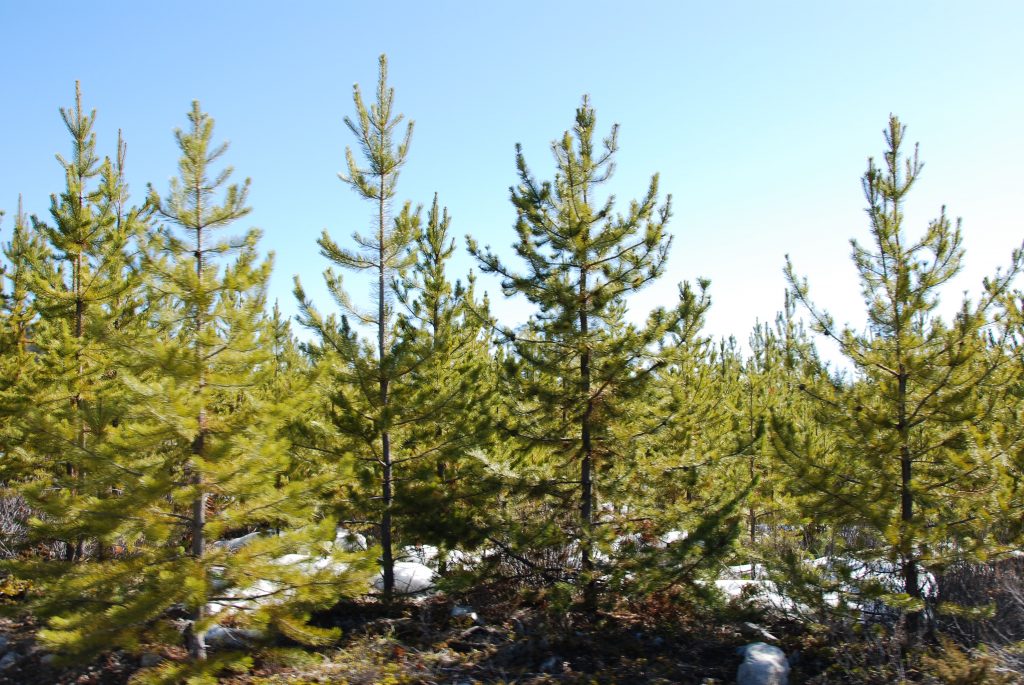
Industry News
News
Forestry Management
Harvesting
Forest sector embraces nature-based solutions to fight climate change: FPAC, Forests Ontario
February 5, 2020 By Forest Products Association of Canada
 Photo: Annex Business Media
Photo: Annex Business Media As delegates gather in Ottawa to attend Nature Canada’s climate solutions summit, Forest Products Association of Canada (FPAC) and Forests Ontario issued a joint statement signalling the support of Canada’s renewable forest sector to advance nature-based solutions to help fight climate change.
“Sustainable forest management and Canadian-made forest products help us reduce greenhouse gas emissions and are important tools to mitigate and adapt to our changing climate,” said FPAC’s president and CEO, Derek Nighbor.
“With nearly forty per cent of Canada’s working forest across the boreal under some kind of conservation measure, our world-leading approach to forest management is rooted in conservation – from set asides for wildlife habitat to buffers around streams and wetlands to conservation areas where rare plants and ecosystems grow. As Canada’s forests face patterns of worsening droughts, pest outbreaks, and fire seasons we must leverage the power of forest management to fight climate change, advance smart conservation, and keep Canadians safe from fire,” Nighbor added.
Rob Keen, CEO of Forests Ontario and a registered professional forester, will present on lessons learned through Forests Ontario and Forest Recovery Canada’s (Forests Ontario’s national tree planting division) existing tree planting programs and how their work and the experiences of their partners including conservation organizations, First Nations, forest industry, municipalities, stewardship groups forestry consultants and tree nurseries can inform the successful roll-out of the new Federal 2 Billion tree program.
“Tree planting initiatives can contribute so many benefits,” observed Keen. “Planted trees helps capture atmospheric carbon and mitigate climate change, rebuild forests after severe natural disturbances, provide habitat, enhance biodiversity and helps cities and towns manage flooding risks and diversify their urban forests.”
He concluded, “Having all sectors working together to create new sustainably managed forests responds to the climate crisis.”
Print this page